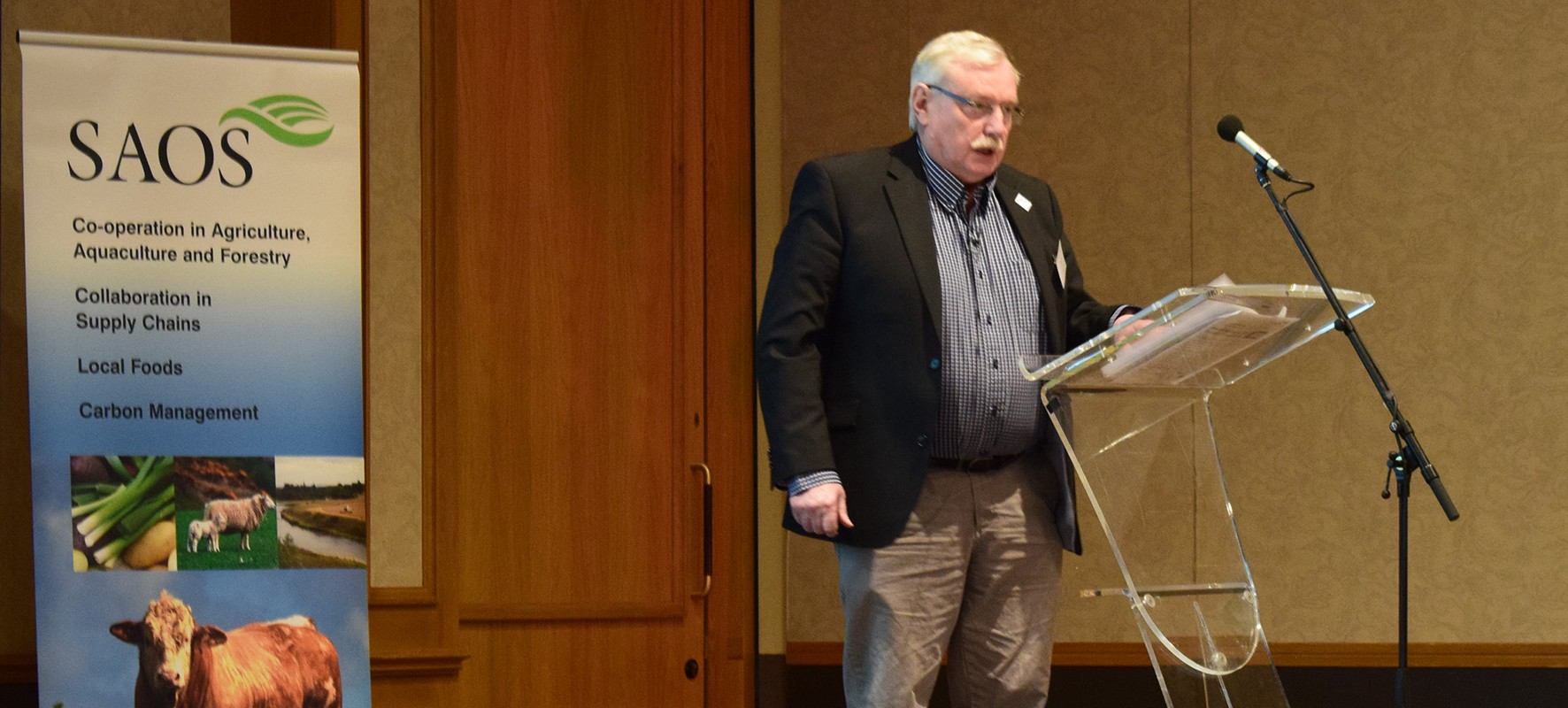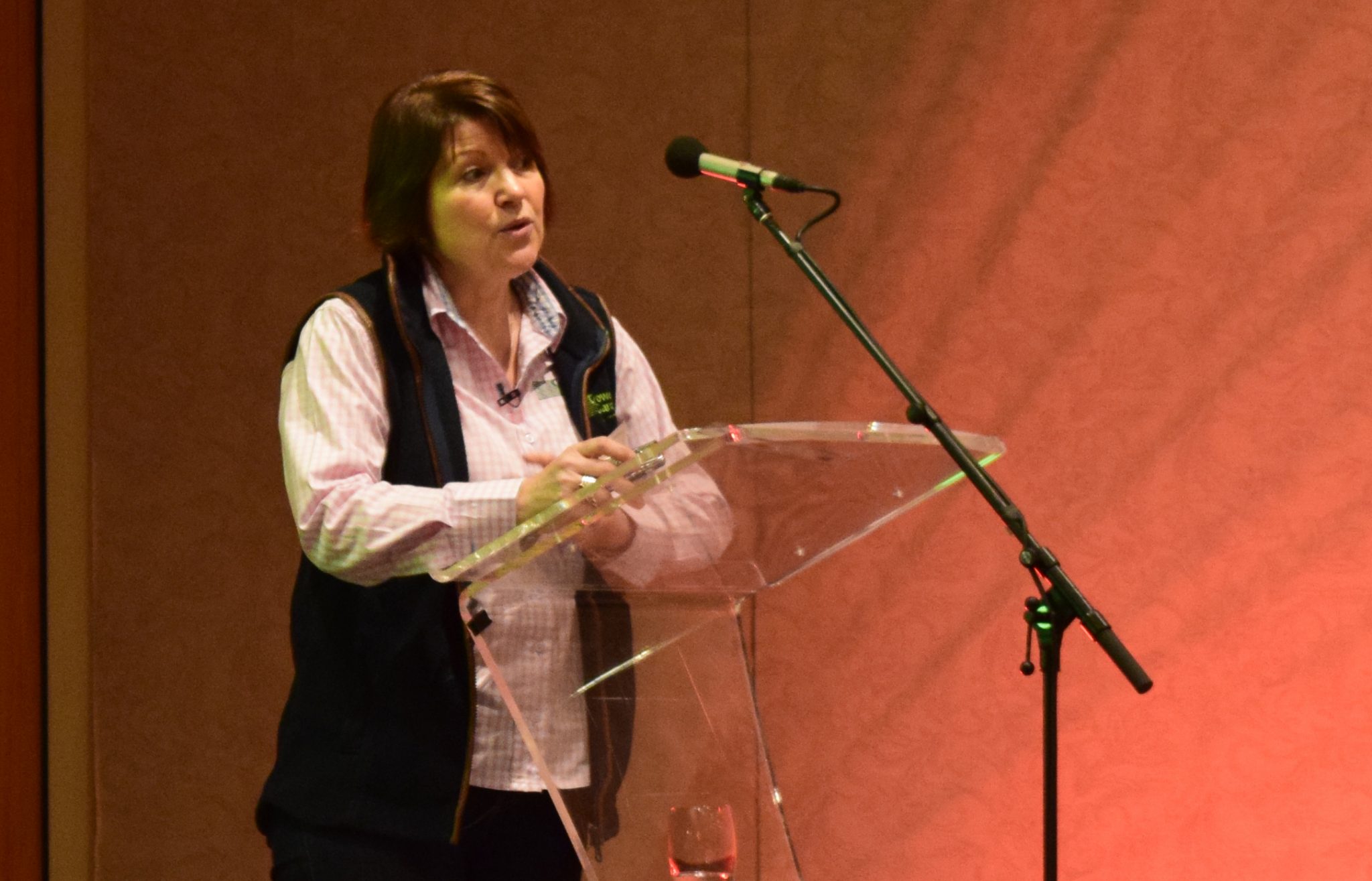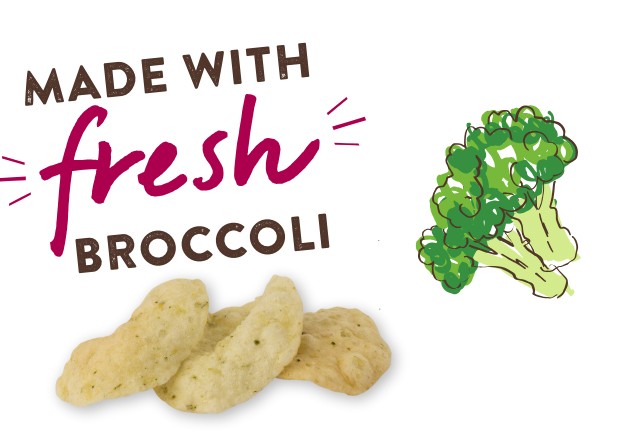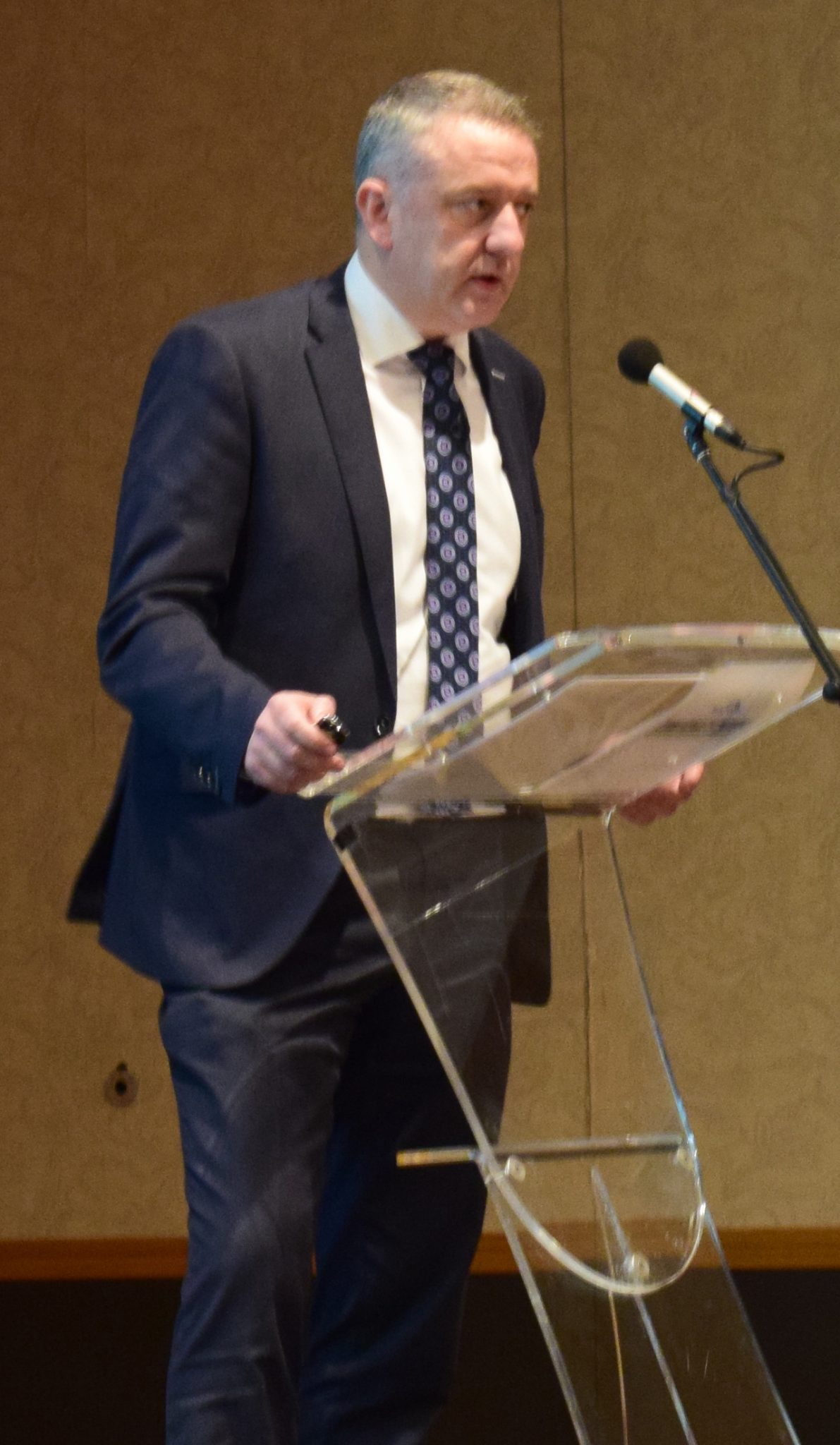With consumer tastes undergoing rapid changes, a growing population to feed and climate change forcing the need to adapt, the farming industry is under huge pressure – and this year’s conference of the Scottish Agricultural Organisation Society (SAOS) stressed the need for innovative responses,
The conference, held in Dunblane on 31 January, brought delegates from Scottish agri-food co-ops together with academics, experts and co-operators from the wider movement to discuss the state of the sector – as well as giving out this year’s Next Generation Award for rising stars of the sector.
The fourth industrial revolution will revolutionise the industry, they were told, with increased use of AI, robots, genome nanotechnology and big data, which will allow real-time information flows throughout the supply chain.
And, with Trevor Lockhart from Ireland’s Fane Valley Co-op warning that productivity from UK agriculture is 30% lower than that of Germany, the sector needs to make advances.
Partnerships
One way forward was suggested by Professor Wayne Powell from Scotland’s Rural College (SRUC), who wants his organisation to work more closely with farm co-ops on scientific research – including the use of genome editing in livestock breeding and disease research. Improved animal feeds could increase outputs and reduce methane emissions from cows, reducing the climate impact of the meat industry, he said.
In terms of IT, he said the LoRaWAN network, a non-profit association of more than 500 member companies, could offer agri-co-ops useful data for detecting pollution incidents, tracking livestock, assessing soil temperature and moisture, measuring tree growth and health, and checking levels in storage tanks.
Related: Co-operators debate the rise of big data
Prof Powell believes collaboration and innovation are essential if the sector is to take advantage of funding opportunities – with UK Research and Innovation set to disperse billions of pounds to projects.

“The funding landscape has changed, as has the expectation of funders and society,” he said. “We now have investors, not funders. We need to be strategic and collaborative to provide added value for investors.”
As an example of collaboration, he said SRUC was working with agribusiness Beta Bugs to develop an insect breeding programme. This would drive efficiency and sustainability by producing insects to eat waste products on farms; the insects could then be fed to livestock.
James Graham, who leaves the post of chief executive at SAOS this year, welcomed the offer of collaboration and said follow-up discussions were needed.
Product innovation
The sector must also work to meet demand for new products as consumer tastes change to healthier, more sustainable and more traceable products, the conference was told.
Trevor Lockhart, from Fane Valley Co-op – an agri-business based in Moira, Northern Ireland – said trial and error was important. He gave the example of a porridge product containing whisky, which had not been successful, and burger range containing Guinness, which had proven a hit.
Fane Valley has a £55m turnover and 31 operating sites, with interests ranging from feed, beef and cereals production to retail. The co-op has also led technical innovations in animal by-products, making improved pet food, or rendering material formerly sent for waste or used in animal food safe for use in gravies and gelatin pharmaceutical casings.
“We challenge ourselves on every process, from production to innovation,” he said. “We map out each process and task ourselves to remove steps, or automate steps.”

Meanwhile, new venture Growers Garden is targeting the millennial market with a sustainable, low-fat, vegan, gluten-free product: broccoli crisps.
Co-founder Suzanne George said the team had identified a gap in the snacks market for young, ethically conscious consumers. They worked out how Scottish broccoli farmers could fill that gap with a product that uses the entire vegetable, including the stem, eliminating waste.
But she warned that innovative product development needs time, effort, full member involvement and a skilled board.
“Innovation requires rigorous process and collaboration, and investment,” she said. “Every one of our farmer members is a shareholder … It started with the farmers, and it continues with the farmers.”

Efficiency and skills
Mr Lockhart said innovation was a process of implementing a creative idea to generate value, through increased revenues or reduced cost.
This could mean meeting consumer demand for novelty, dealing with competition among retailers which is driving change; and coping with increased costs from public policy, such as a rising minimum wage or environmental regulation.
He warned: “The cost of farming and processing is going up, but the consumer is not prepared to pay for it. If ceilings are coming down and the floor is rising, as an industry, what do you do?”
Related: SAOS conference sees winners of Next Generation Award
He said the UK agri sector needed to improve productivity – which is 30% lower than Germany, hampering its ability to pay staff, attract talent, grow businesses and make investment.

And he called on government to improve vocational education and training for young people, arguing that the current system is not doing enough for non-academic pupils, leading to a skills gap.
He added: “In agriculture, we have achieved a lot: innovation ensures the world has enough to eat. In the last 50 years agricultural production has tripled.
“But how we grow and eat food is being challenged. New start-ups are looking to disrupt traditional models of agriculture. We need to be alert to that.”
Governance is also key. Ian Cruickshank, chair of Aberdeen Grain Co-op, said his organisation had made sure its board had the full spread of skills needed for success – including a farmer, engineer, property developer, marketer, finance expert and accountant.
This proved valuable in developing efficiencies such as cutting the time delivery lorries spent on site, creating data flows on crop status for accurate harvesting, and driving the five-year development of a new grain-drying process using biomass burners.
Next generation
Alan Stevenson, supply chain director at SAOS, said innovation is “a big part” of the organisation’s ambition for 2030.
He said the fourth industrial revolution would be a “game changer for supply chains”, making it vital to develop smart systems to manage data.
Good leadership was vital too, he added – both to “fan the flames of creativity” and to dampen those flames if a bad idea threatens to waste time and money.
But he also warned that long-serving senior figures could be risk-averse when it comes to disruptive ideas. He pointed to lessons in the retail sector, where businesses had failed because “they didn’t take time to see their industry change and innovate themselves”.
Related: What is the state of farm co-op sectors around the world?
Social media is a vital channel to communicate with younger members, he added – and his fellow speakers agreed on the importance of speaking to members.
Mr Cruickshank urged co-ops to improve communication to attract talented young people with new ideas, who ask hard questions, onto their boards.
Communication is also important in convincing members undecided about new developments. “If you think you’re going to have every member on board on a new innovation, you’re in cloud cuckoo land,” he said. “There will always be dissenters. You have to communicate with your members, you have to talk to your dissenters.”